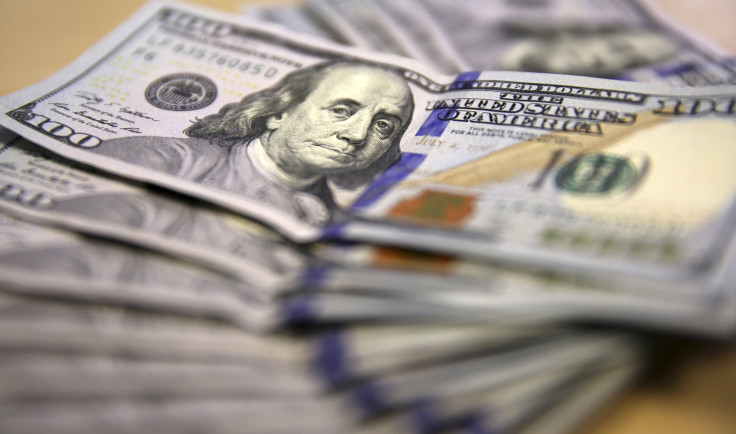After Fed Rate Hike, Emerging Markets South Africa, Turkey Rally Against US Dollar

Emerging-market currencies in Europe and Africa rallied against the strengthening dollar this week after the U.S. Federal Reserve’s decision to increase interest rates. South Africa’s rand was the biggest winner, climbing 5.4 percent against the dollar in the five days through Friday, while Turkey’s lira gained 2.6 percent, Bloomberg reported.
Analysts said the widely anticipated rate hike announced Wednesday already had been priced in and the aftermath has been less dramatic for some emerging economies. Federal Reserve Chairwoman Janet Yellen also signaled that the pace of future increases would be gradual, and investors viewed the move as a show of confidence that the world’s largest economy has recovered significantly from the financial crisis of 2007-08. The new benchmark rate, which is what commercial banks pay to borrow from the Fed, will hover between 0.25 percent and 0.5 percent.
"Things played out in the way we had all expected, so we can tick this box and move on,” Michael Bolliger, head of asset allocation, emerging markets at UBS Wealth Management, told Reuters Thursday, while cautioning this didn’t mean emerging markets were in the clear.
The continuing impact has been more severe for some emerging economies from Latin America to Asia. Brazil’s benchmark Bovespa stock index tumbled nearly 3 percent Friday to its lowest level since early 2009, while the national currency also dropped, amid speculation that Finance Minister Joaquim Levy was leaving. After the morning trade, Brazilian President Dilma Rousseff replaced Levy. The Brazilian real has fallen by a third against the dollar so far this year, and the country’s gross domestic product fell 4.5 percent in the third quarter year-on-year.
In Russia, the ruble sank to an all-time low against the dollar Thursday as global oil prices plunged by 7 percent. And while China’s yuan closed firmer against the U.S. currency Friday, it has lost 0.4 percent against the dollar this week, marking the seventh consecutive weekly slide and the longest weekly losing streak since late 1995. The People’s Bank of China devalued its yuan Monday for the second time this year, which has caused global commodity prices to dip. The recent slowdown in Chinese economic growth, coupled with slumping commodity prices, has pushed Brazil and Russia into recession and drained capital from Turkey and South Africa.
Investors in emerging-market economies have been bracing for a U.S. interest rate hike for weeks, selling riskier assets amid the commodity rout, which is why the immediate aftermath was largely anticlimatic. Still, countries like South Africa, which relies on foreign investors to meet its operating and capital financing needs, remain particularly vulnerable in the coming months.
“While a Fed rate hike would remove an element of uncertainty for emerging-market sovereigns, some will remain at risk to adverse capital flows and investor sentiment.” U.S. ratings agency Moody’s said in an analysis released Monday ahead of the rate hike announcement, predicting that Brazil, Russia, Turkey and South Africa will be the most affected.
© Copyright IBTimes 2024. All rights reserved.





















